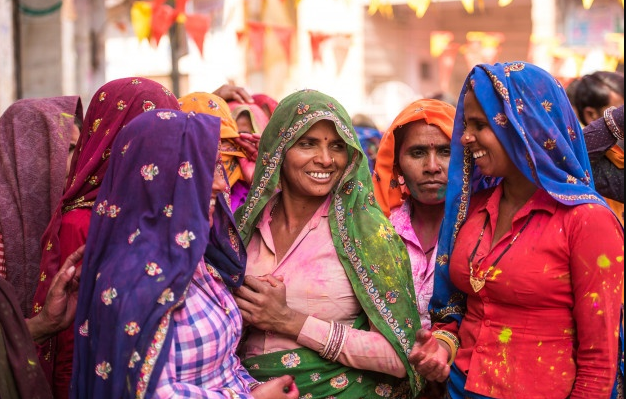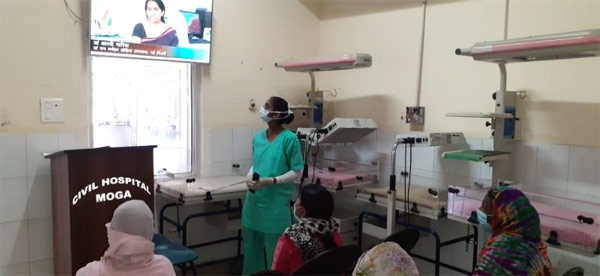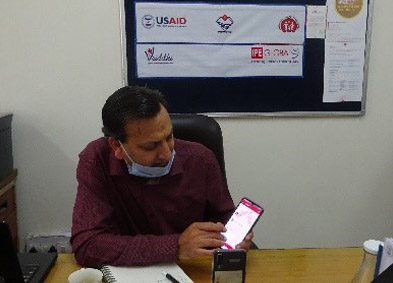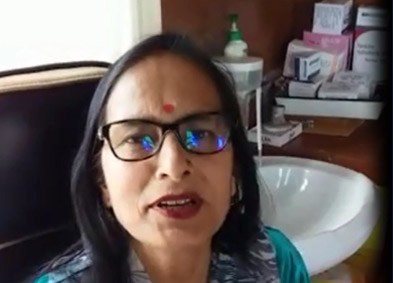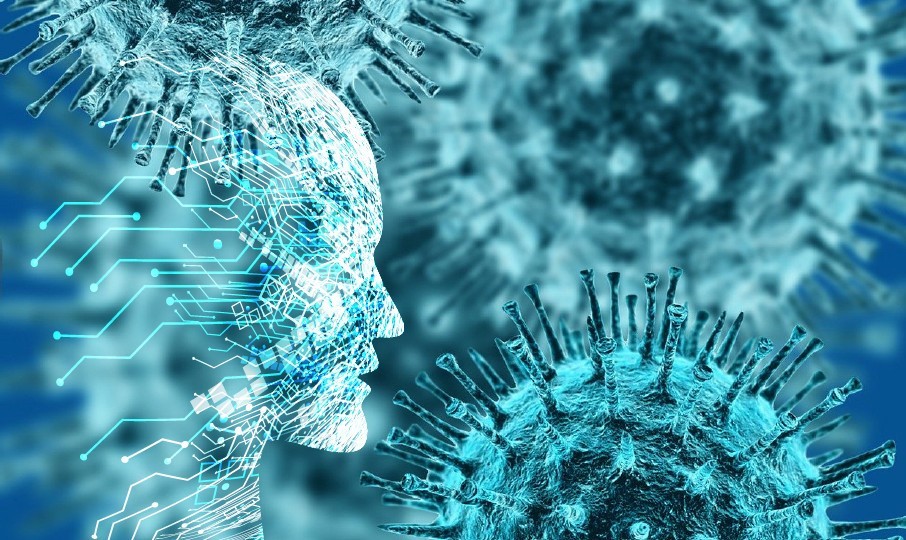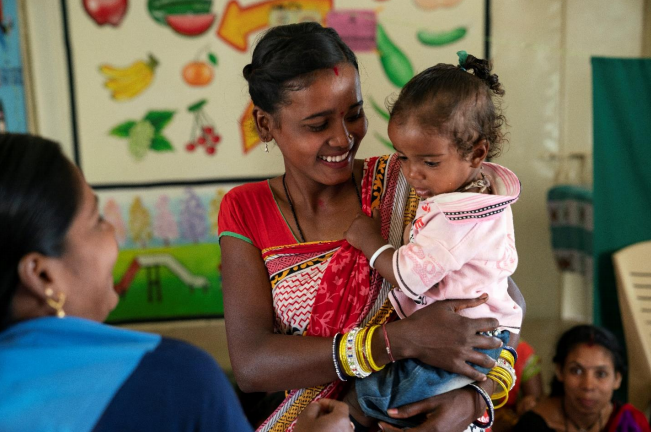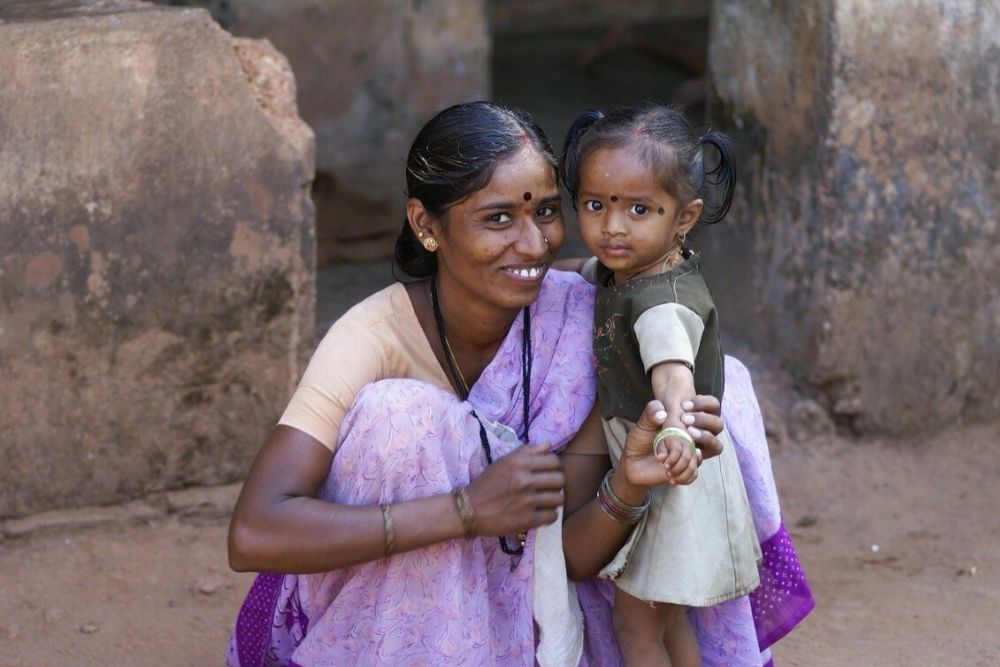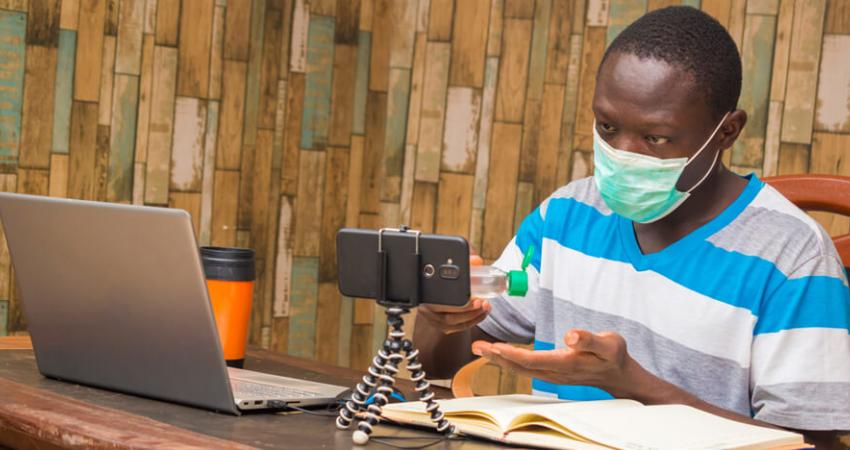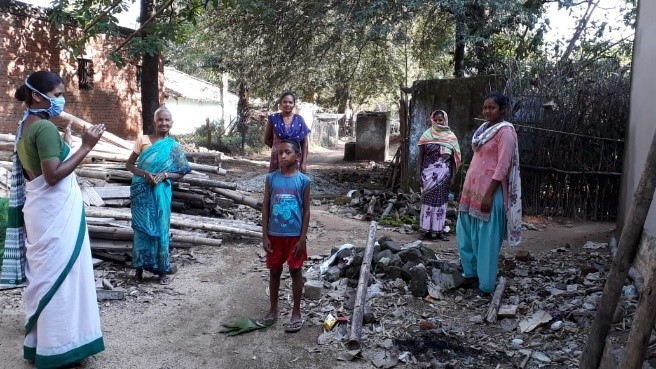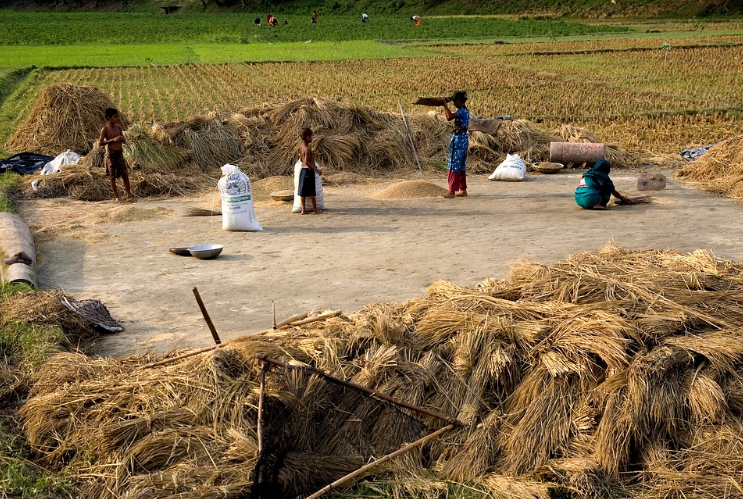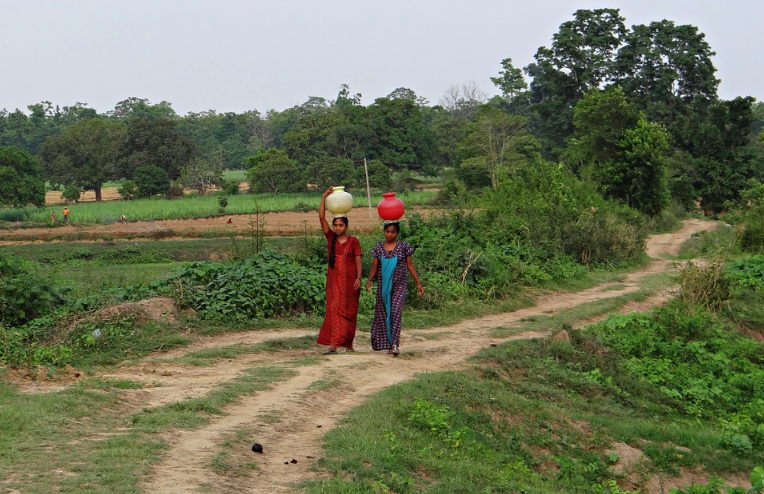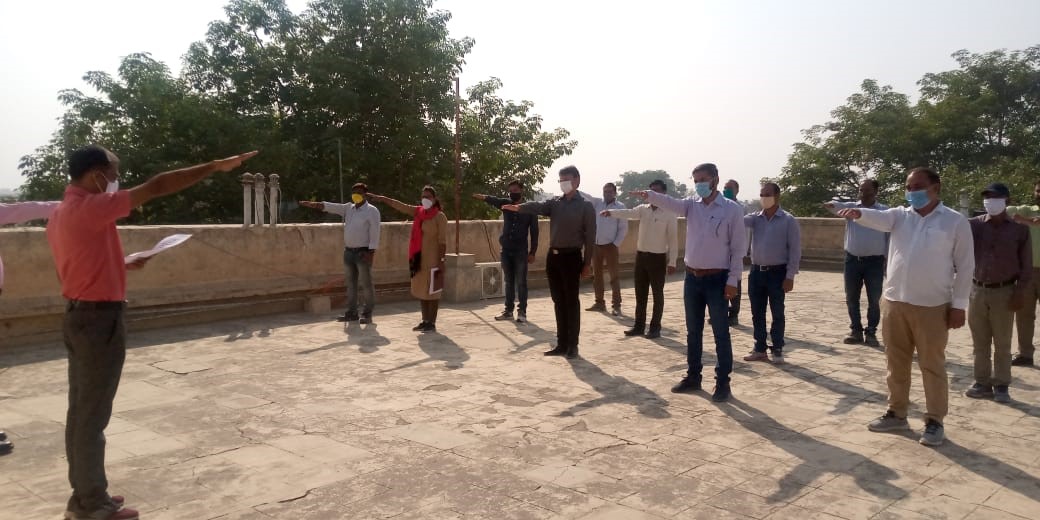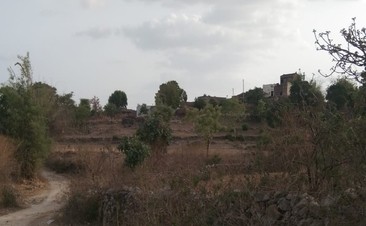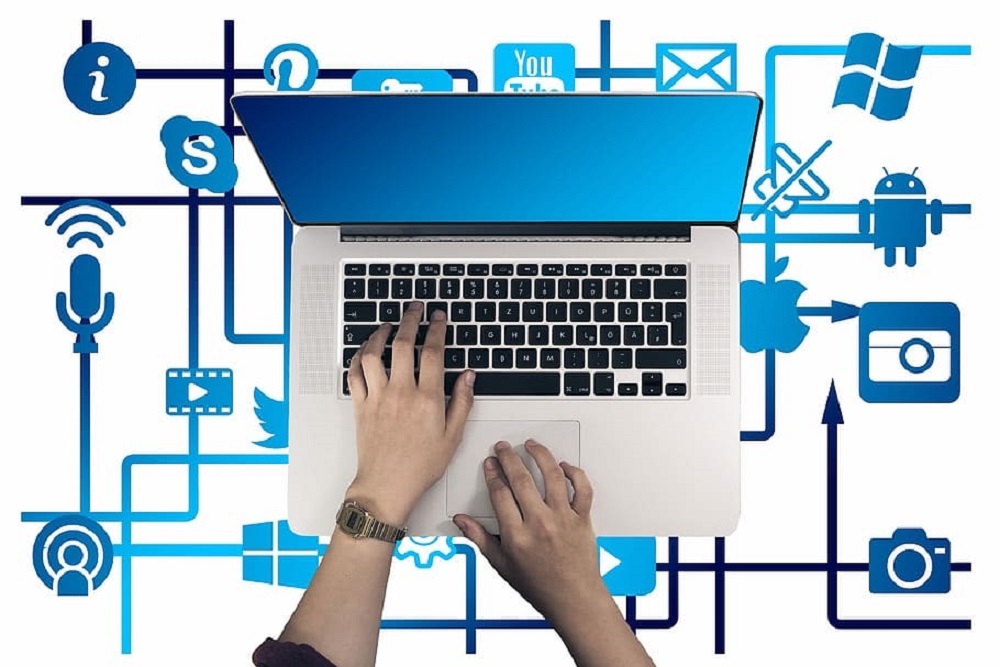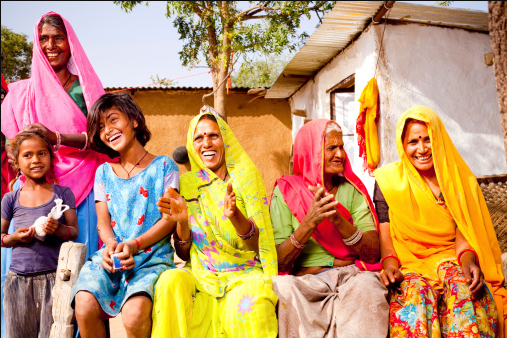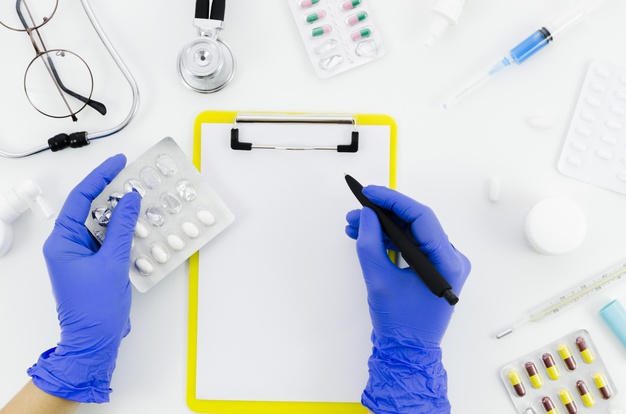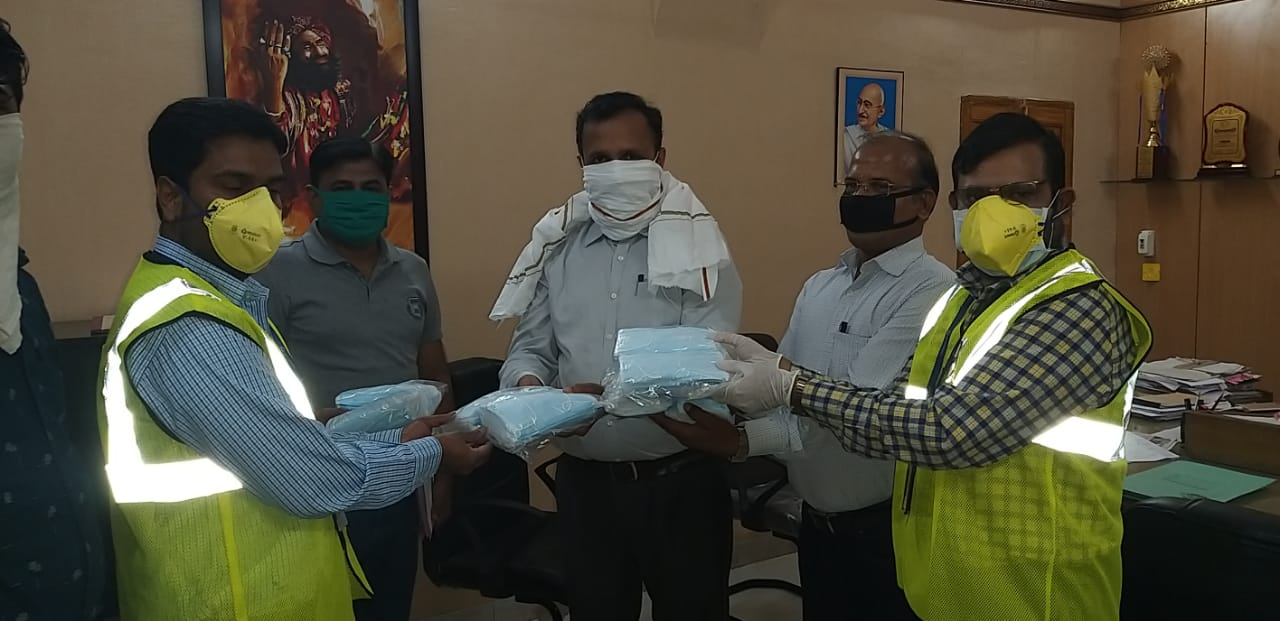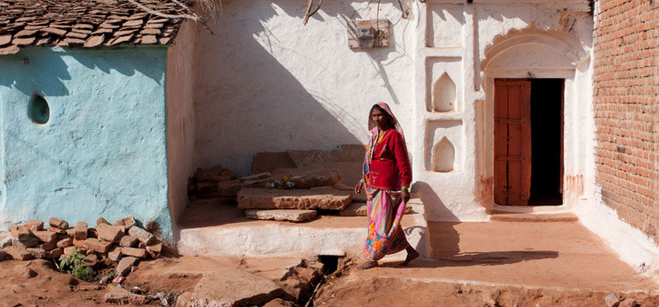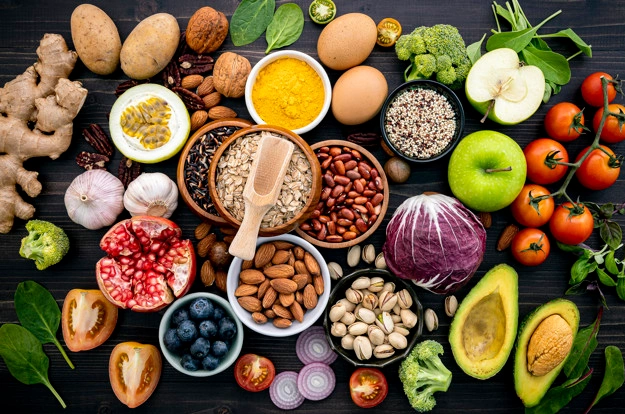– Namita Wadhwa, Team Leader – RajPusht
When going got tough, we got simpler and tougher
COVID-19 has wreaked havoc. It has caused suffering, has constrained living and it has hampered economy. We all know that.We all have felt that. But life is continuing. People are dying and babies are getting born. Young girls are becoming women and women, mothers. Experiences are changing and challenges are increasing every day. So when the advice is to stop and refrain, what do we do to ensure that the communication does not stop, the connection is not broken? We speak, we talk and let know that we are there to help, to listen and to inform. We connect. We simply reach out.
70 POSHAN champions working in Udaipur, as part of the RajPusht program of IPE Global, are reaching out to nearly 30,000 Pregnant and lactating women along with their family members – by making a phone call. One POSHAN champion, on an average, is connecting to at least 20 women per day. Being from the community itself and having worked with them for last 7-8 months, they know the challenges, the context specific to the area and most importantly ‘the individual story’. They speak with them in their local dialect, and help them understand the situation, how to stay safe both in the context of the pandemic and also with regards to their individual state. Having received training on various aspects of maternal and child nutrition, they guide these women and their family members on how to keep the mother and child healthy.
The whole exercise is also instrumental in keeping the communities connected to the frontline workers. A simple opening of “नमस्कार मेरा नाम मंजू है। आपके बारे में जानकारी, मुझे आपके गाँव की आंगनवाडी दीदी से मिली” not just allows them to trust the POSHAN champion but also builds their confidence on their service providers.
An immediate eye-opener has been the accessibility and reach of women when it comes to mobile phones. A hurdle that the team expected was availability of phones with womenfolk. It was discussed at length on how to navigate and persuade the family members to allow them to talk to the women directly. In nearly 80% calls done so far, women are the first responders. Not only are they comfortable receiving the advice and conversing on the phone they are open in sharing their concerns and feedback. Even in the remaining 20% cases, family members, mostly husbands, received the initiative in positive stride and either communicated themselves or connected to their wives/family member.
The feedback and insights received from the women and their family are crucial data points for immediate responders. Not only is it helping increase the accountability of the service providers but also help to connect with individual beneficiary on priority basis based on the feedback from the champions. Informative insights are being derived from the communication and shared with the frontline workers.
- Are the households receiving Take home ration service?
- Are the pregnant women facing challenge in regular health check-ups and monitoring?
- Is the supply-chain intact with women receiving IFA and calcium tablets?
- How is the preparedness level of women due to deliver any time now?
- What is the status of PMMVY benefits, are women receiving and utilising them?
- What is the level of awareness on infant and child feeding practices specially amongst first time mothers, more so when regular home based counselling is interrupted?
This is just the beginning and as the new normal is shifting so will the engagement rules and medium. We have started simple and solid to make sure that the chords are tight and the communication is continuous. Layering of messages and support will continue on this firm yet simple CONNECTION.




